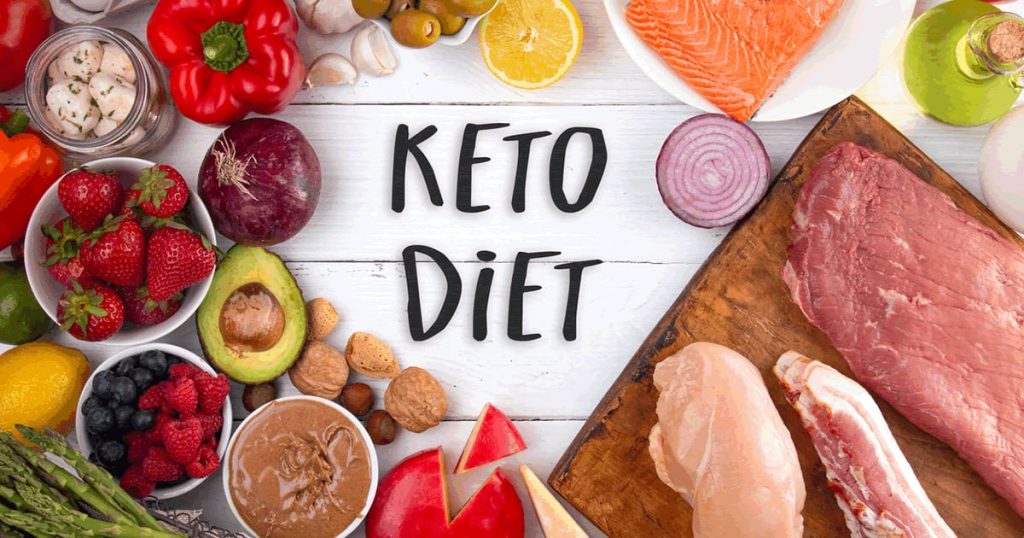If there’s one thing that you should know about fat reduction procedures is the fact that they’re not permanent. Sure, they’ll remove the excess fat in your chosen area rather effectively but their results can still come back if you don’t work on maintaining the figure and weight you achieved from the treatment. They’re not meant to keep the excess fat off forever, so if you wish to enjoy their results for a long time, you should be ready to take the right maintenance measures.
One way to do this is by following a diet that will guide the way you consume food. Lots of people find it easier to follow a structured diet as it helps them determine which items they can and cannot consume.
For fat blasting, the keto diet is often recommended. This method triggers the metabolic process known as ketosis which forces the body to use the body’s stored fat for energy instead of the glucose that people get from carbohydrates. As the keto diet requires very little carbs, high amounts of fat, and small amounts of other calories like protein, there’s very little amount of carbs and proteins that can be used to power up an individual so the body will turn to breaking down fats so they can be used to produce energy.
This diet is very popular as it has provided lots of people positive results. It’s also very indulgent so it will not feel like you’re on a fat loss diet while on it.
Keto Diet in Combination with Fat Reduction Procedures
Since it’s meant to burn fat to turn into energy, it might seem like the keto diet will complement procedures like CoolSculpting and Smart Lipo. They all trigger fat breakdown so they should all work well together, right?
The answer here is both yes and no. According to experts, after your fat-blasting treatment, it’s better to stick with a low fat diet instead. Why? The procedure will already break down fat deposits and send them into your bloodstream so your liver will already be very busy in dealing with your fat. Boosting the fat breakdown with the keto diet will affect certain bodily processes. This can then cause the body to lose water and muscles before expelling fat.
It’s not ideal to lose water and muscles while you’re recovering from a medical procedure, even if it’s a non-invasive one. Such instances will let you lose whatever gains you may have from your physical activities and may slow down your recovery process.
These do not mean that you can’t do keto forever, however. It’s just not recommended to be followed right after the fat reduction procedure. You can definitely go back to following a keto diet several months after your procedure.
